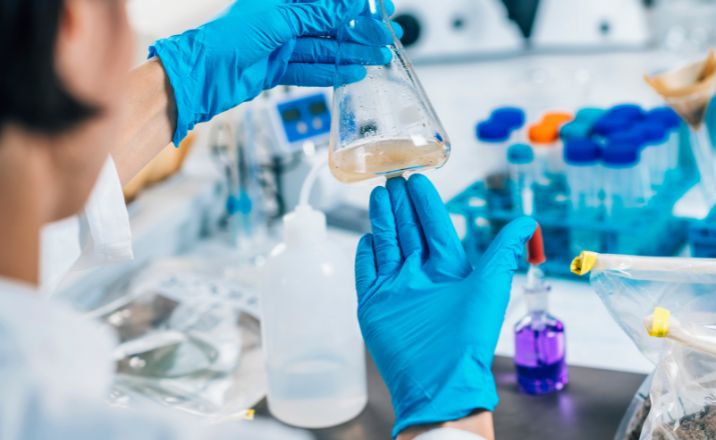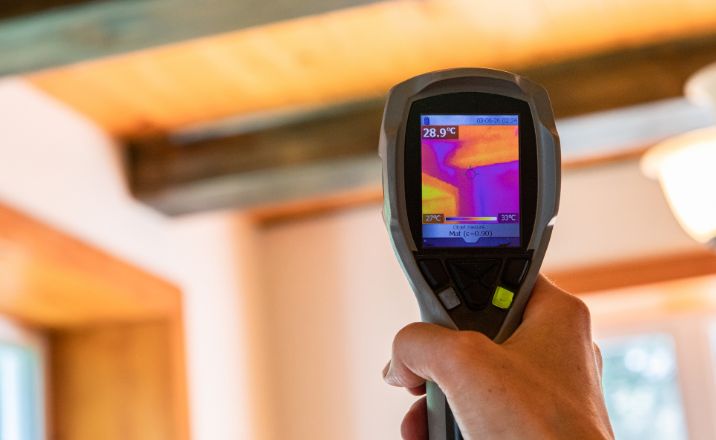Understanding Biodegradability Testing: Ensuring Environmental Safety
As our global society becomes increasingly aware of environmental sustainability, the importance of understanding the biodegradability of various substances has never been more critical. Biodegradability testing is a key component in assessing the environmental impact of chemicals and materials, ensuring they break down into harmless substances when released into the environment.
What is Biodegradation?
Biodegradation is the process where biological activity, primarily by microorganisms like bacteria and fungi, leads to a significant change in the chemical structure of a material. When plastic polymers degrade through various mechanisms, they eventually break down into smaller molecular weights that microorganisms can metabolize. These microorganisms convert the material into simpler substances such as carbon dioxide, or a mix of carbon dioxide and methane.
There are two types of biodegradation:
- Aerobic biodegradation: This occurs in the presence of oxygen, leading to a more complete and cleaner breakdown process.
- Anaerobic biodegradation: This happens in the absence of oxygen, resulting in slower decomposition and the production of methane.
What is Biodegradability?
Biodegradability refers to the capability of a substance to be decomposed by microorganisms, such as bacteria and fungi, into simpler, non-toxic compounds like water, carbon dioxide, and biomass. This process is essential for the natural recycling of organic materials and the maintenance of ecological balance. When substances do not biodegrade, they accumulate in the environment, leading to pollution and potential harm to wildlife and human health.
Why Biodegradability Testing Matters?
Biodegradability testing is essential for determining how quickly and safely materials break down in the environment. Scientifically, it measures the rate at which microorganisms, such as bacteria and fungi, decompose substances into natural elements like water, carbon dioxide, and biomass. This testing is crucial for assessing the environmental impact of products, ensuring they do not leave harmful residues or contribute to pollution. It helps manufacturers develop eco-friendly materials, comply with environmental regulations, and meet consumer demands for sustainable products. Understanding biodegradability helps us reduce waste and protect our planet for future generations.
The Importance of Biodegradability Testing
Biodegradability testing is crucial for several reasons:
- Environmental Protection: It helps in determining the environmental fate of substances, ensuring they do not persist and accumulate in ecosystems, which can cause long-term environmental damage.
- Regulatory Compliance: Various regulations require that certain products undergo biodegradability testing to ensure they meet environmental safety standards. Compliance with these regulations is essential for market access and consumer safety.
- Sustainable Product Development: Manufacturers use biodegradability testing to develop eco-friendly products, meeting the growing consumer demand for sustainable and environmentally friendly options.
- Risk Assessment: Understanding the biodegradability of a substance helps in assessing the potential risks it poses to the environment and human health.
Regulations and Standards
Biodegradability testing is governed by various regulations and standards to ensure consistent and reliable results. These include:
- OECD Guidelines: The Organisation for Economic Co-operation and Development (OECD) provides a series of guidelines for testing the biodegradability of chemicals. The OECD 301 series, including the 301D method, is widely recognized and used globally.
- ASTM Standards: The American Society for Testing and Materials (ASTM) has developed several standards for biodegradability testing, providing detailed procedures and criteria for different types of materials.
- ISO Protocols: The International Organization for Standardization (ISO) has established protocols for biodegradability testing, ensuring international consistency and acceptance of test results.
These standards are essential for ensuring that biodegradability tests are conducted in a reliable, reproducible, and scientifically sound manner.
Biodegradability Testing Process
When conducting a biodegradability test, several factors come into play to provide accurate results that imitate the breaking down of a product in a real-life environment. The following components are critical to the biodegradation process:
- Test Substance Selection: The material must represent the product accurately, considering its chemical composition, physical state, and intended use (e.g., material, adhesive, additive).
- Choosing the Test Method: The appropriate method depends on regulatory requirements, the nature of the substance, its expected end-of-life environment, and its application. Common methods include OECD guidelines, ASTM standards, and ISO protocols.
- Inoculum Selection: The choice of microbial culture is critical as it affects the microorganisms’ ability to degrade the test substance. Typical sources include activated sludge, soil, or compost.
- Test Conditions: Optimal conditions for microbial activity and biodegradation must be maintained, including temperature, pH, oxygen availability, and nutrient levels.
- Monitoring and Analysis: Regular monitoring and analysis using techniques like gas chromatography, high-performance liquid chromatography, and biochemical oxygen demand (BOD) measurement track the biodegradation process and measure degradation rates.
Why choose us?
At Envirocare Labs, we specialize in testing the biodegradability of water-soluble samples using the OECD 301D method. This standardized test, known as the “Closed Bottle Test,” assesses the ready biodegradability of substances. It is designed to determine the potential for a substance to undergo rapid and ultimate biodegradation in the environment.
By employing this reliable and recognized testing method, we ensure accurate and comprehensive results, helping manufacturers develop eco-friendly products that meet regulatory standards and consumer demands for sustainability.



